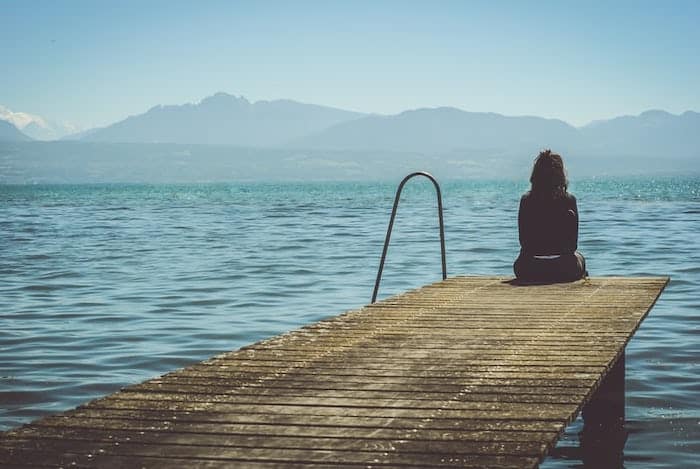
COVID-19: The New Relationship Challenge
I used to think our marriage wouldn’t make it through the parenting years. My husband was pretty strict and authoritarian, having grown up in a household that emphasized success. I, on the other hand, was more of a loosey-goosey helicopter mama who came from a family that valued compassion. Together, we could’ve been the perfect parenting team, each complementing the other. But we weren’t, and my desire for household peace meant I often gave in to his need for control over decisions ranging from what school the kids would attend, to how much video-game time they were allowed, to which snow boots I should buy for them.
For various reasons, including my reliance on therapy and anti-depressants, we survived. Then came the ensuing period during which we launched our kids into adulthood. With my now-diminished sense of purpose, I found these empty nest years tough. My husband turned to work for strength and self-satisfaction, while I withdrew into writing and nature.
Yet again, we made it through arduous landscapes. But as with hiking in snowy mountains, you never know exactly what’s waiting for you over the next rise or around the next bend. Just a few months ago, when I was about to publish my fourth book, I invited my husband to read the final manuscript. This had been our procedure in the past, but this book is different from my previous ones because it’s nonfiction. In fact, it’s a self-help book into which I poured a lot of personal anecdotes because I wanted to share my truths with my readers as I encouraged them to find their own selves and stories. Given that my husband and I had been together for so long by this point, a lot of my stories involved him one way or another and had the potential to unintentionally hurt him, damage his reputation, or destroy our relationship.
So during the week between Christmas and New Year’s, while he read my 350 or so pages, I fretted. I paced back and forth, analyzing every glance he shot at me and every word he spoke—and every moment of silence, too. When the pre-arranged time finally came for us to discuss the book, it was with trepidation that we both walked out onto this new, unfamiliar terrain.
He said he understood and supported my overall goal to express myself honestly to my readers. He apologized for the times he’d hurt me. But he also pointed out those passages he couldn’t accept because, in his opinion, they made him look bad. I hadn’t asked for his permission to tell these stories, and now I had to figure out what to do with his reaction to my truths.
The fact was, he had approached my project with grace. And it was also true that, in working through this together, we’d opened up a new line of communication between us that promised to strengthen our relationship. Perhaps most importantly, my goal had always been to write from a place of love and compassion. So, in the end, we negotiated some revisions, and I almost came to believe the lyrics of the old Starship song, “Nothing’s Gonna Stop Us Now.”
Until COVID-19 came along, just as my book was hitting the press and I was finally weaning myself off my anti-depressants. Initially, I believed our relationship would be fine through this bump, too, because we agreed early on what self-quarantine would look like as we faced this new evil together. But lately I’ve begun to wonder whether the word together is entirely valid. The virus lit a fire under him, and as with all challenges, he’s gone all in on managing this one on the corporate front.
Meanwhile, I’m feeling invisible and alone once again. With his Zoom meetings radiating from his laptop on our kitchen table all day long, I can’t find solitude to write. Government lockdowns mean I can’t escape to the local trails to clear the negative chatter inside my head. I can’t even meet up with our grown kids for a dose of family love, because their definitions of self-distancing don’t comport with ours.
How many times can a relationship be threatened? Has the time finally come where the strain is too great for us—for two people wired so differently?
I worry about this while he’s busy with his work meetings. But then I think about an essay I wrote years ago, in which I likened relationships to glaciers. They surge forward; they retreat when climates change. They’re simultaneously powerful and inexplicably fragile. And when two semi-rigid parts of a glacier move at different speeds, cracks form in the upper layers of ice. My husband and I definitely have a new crevasse developing—one that threatens to run deep and wide over the next many months while we shelter at home. But the good news is that individual crevasses, although dangerous and unpredictable, typically don’t last forever. And they don’t destroy glaciers. Rather, they serve as cautionary indicators of major changes beneath the surface that need to be identified, observed, and addressed.











2 comments to "COVID-19: The New Relationship Challenge"